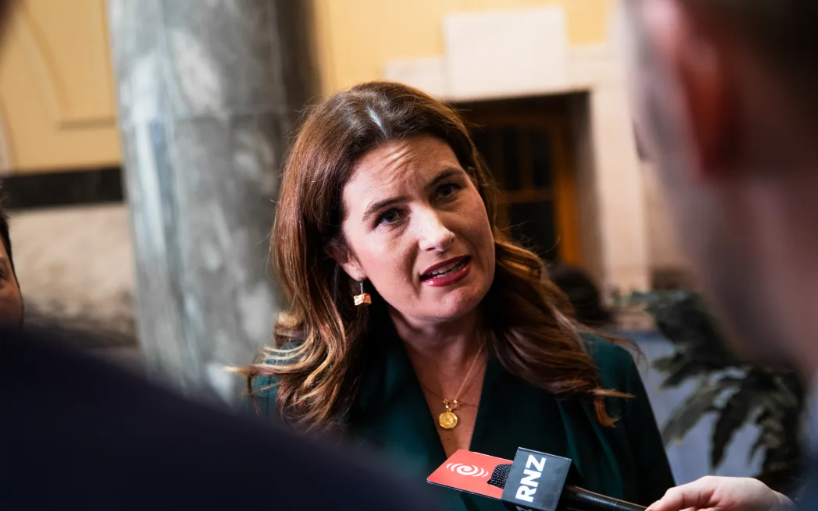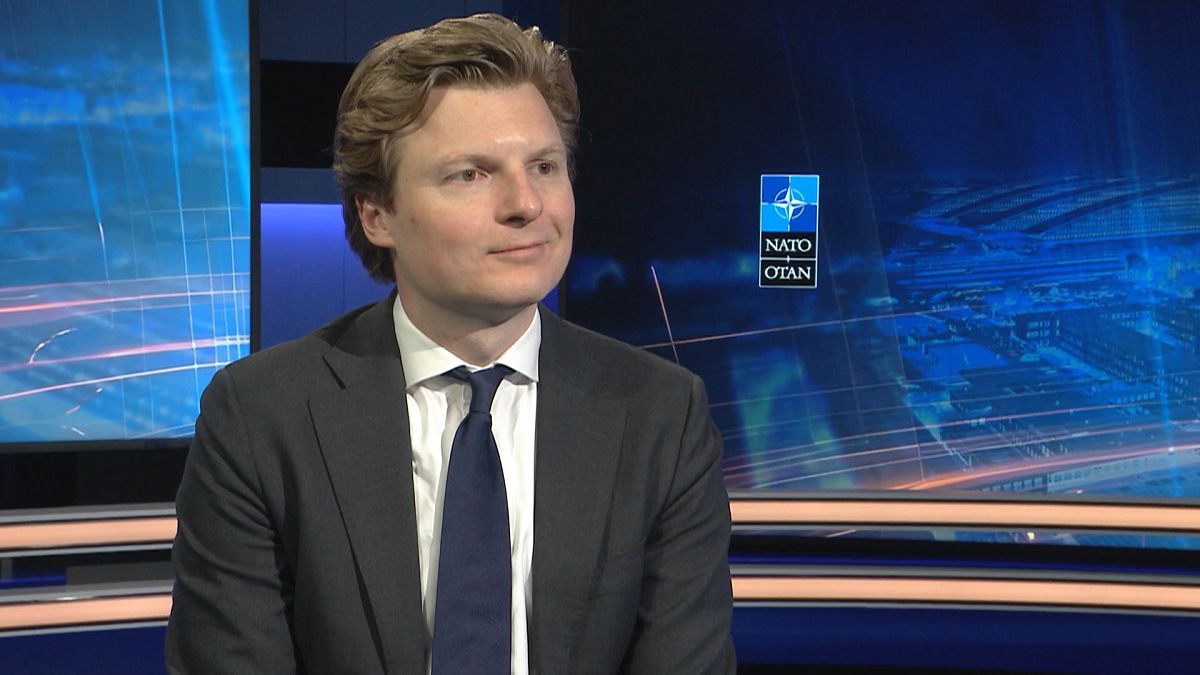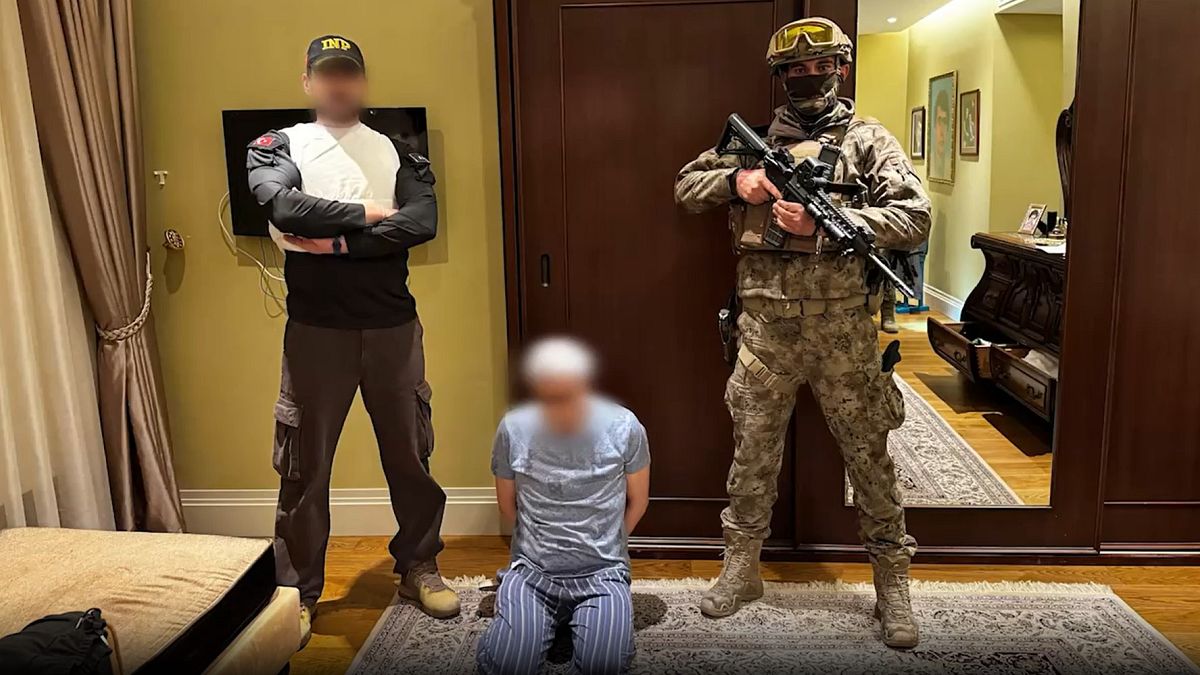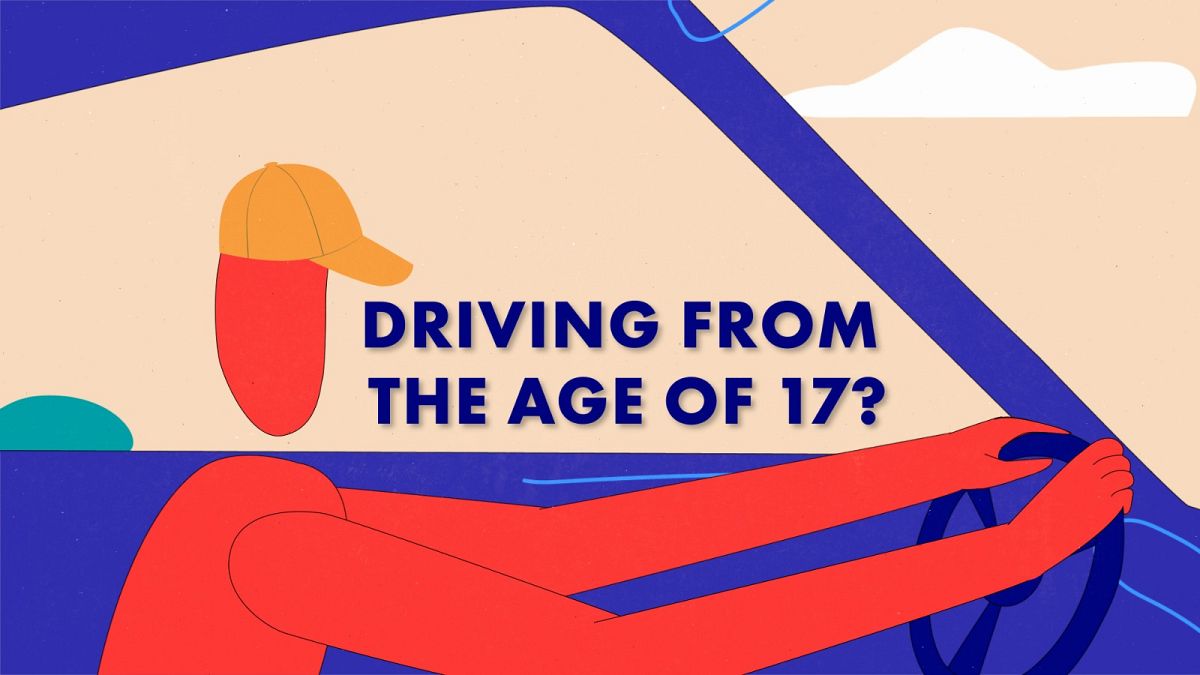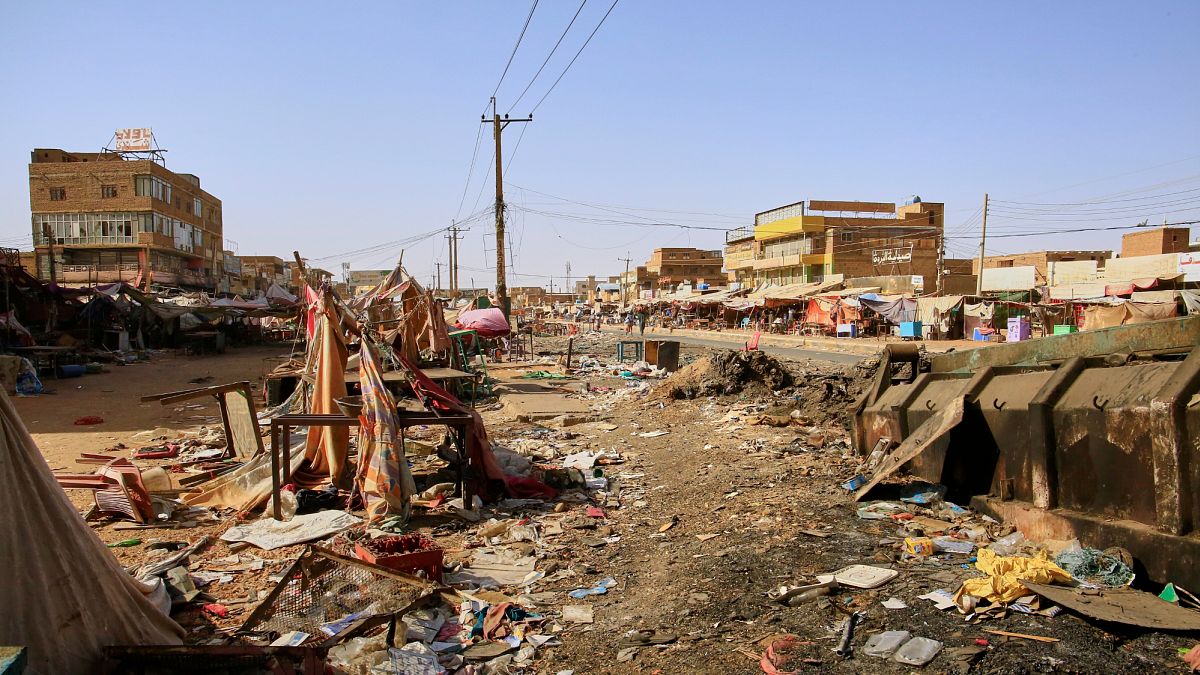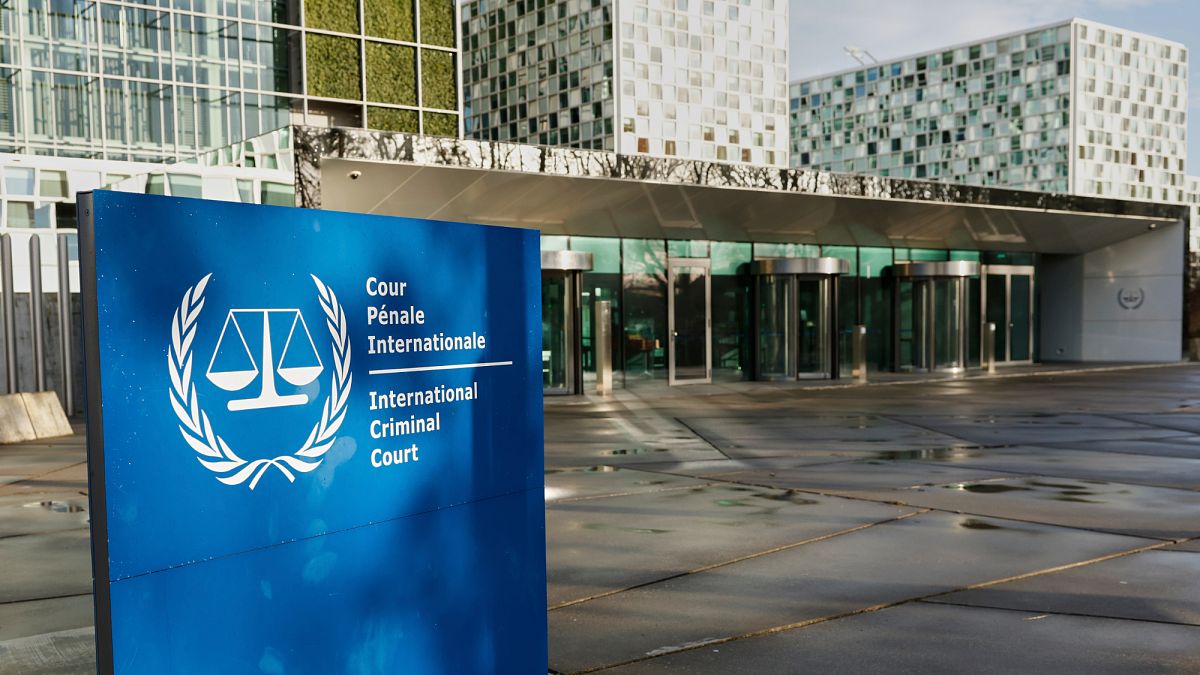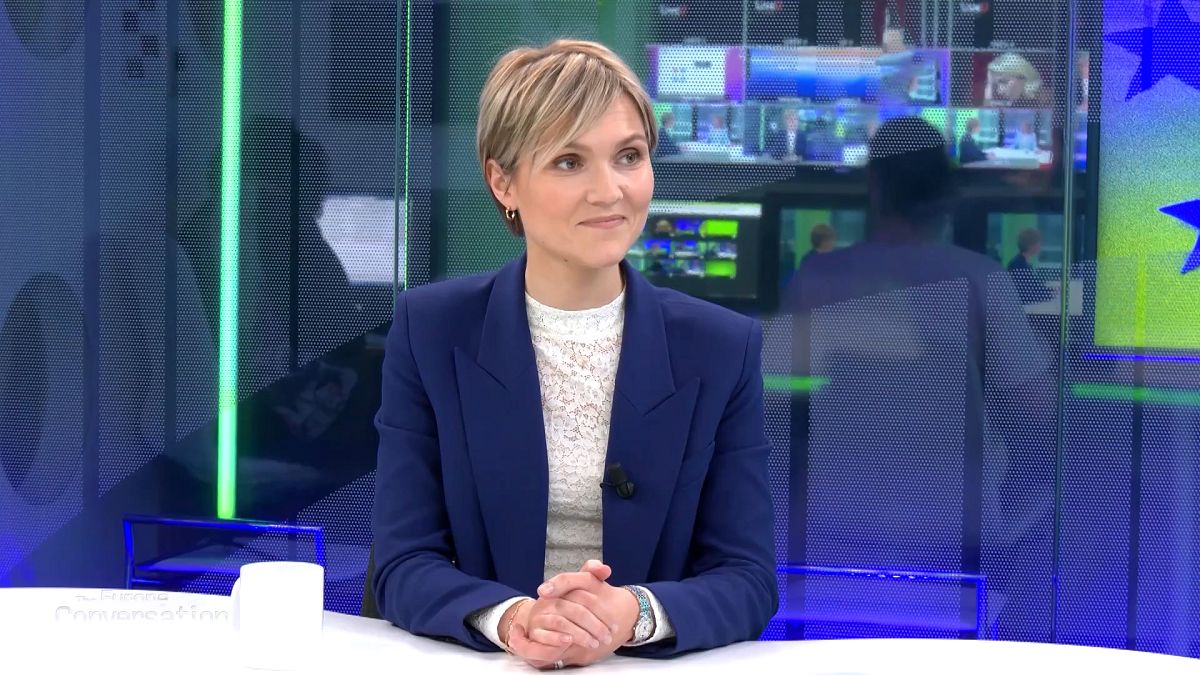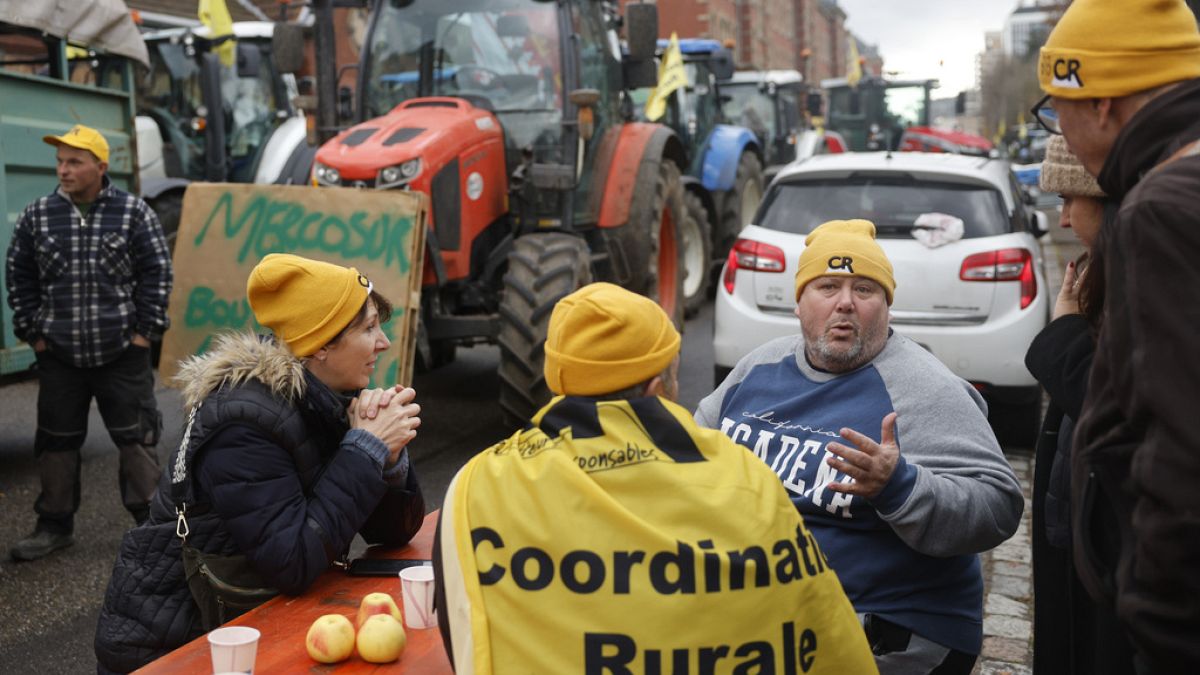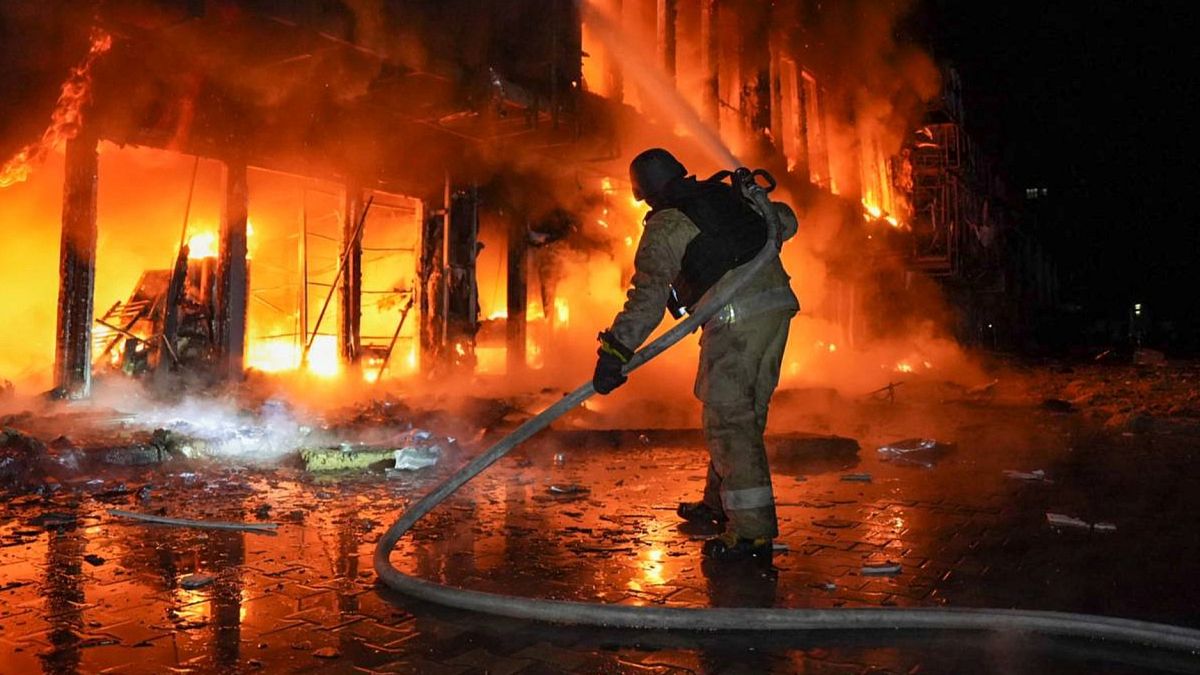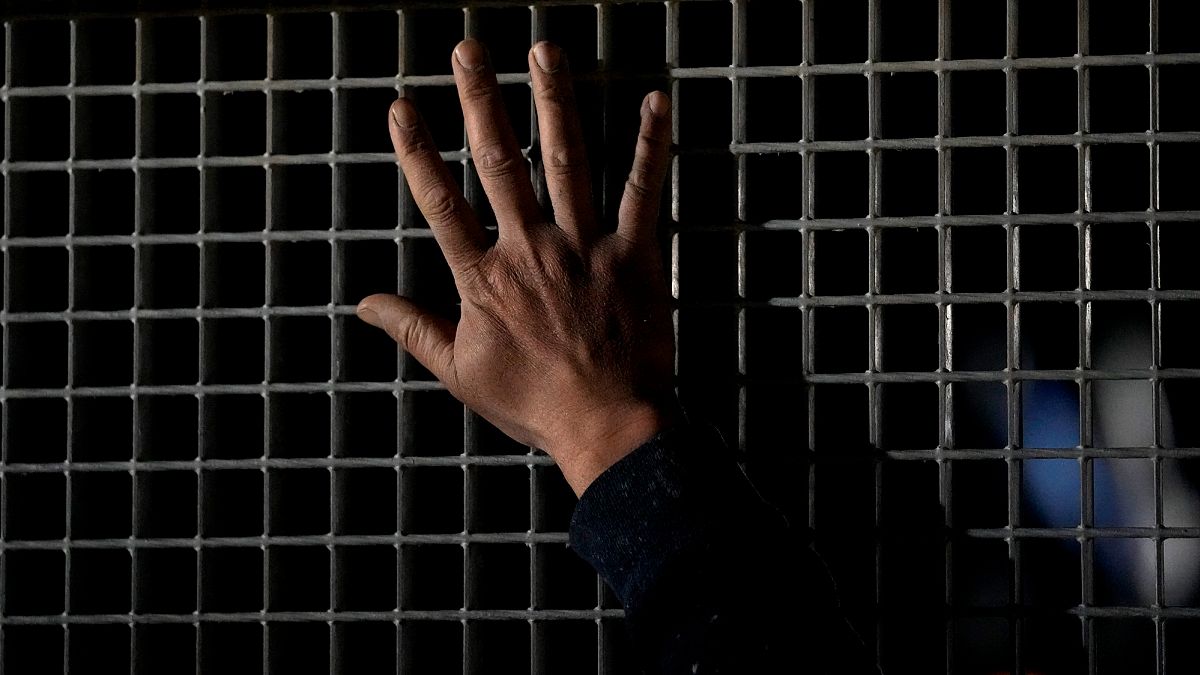Last year, the government met its 2% of GDP target spending on defence, as required as part of NATO membership.
However, the Trump administration is demanding allies increase spending to 5% in the coming years. This would represent more than twice the current rate, which for countries with a large GDP adds up to tens of billions of euros.
“We are (at) around 2% now, that’s what’s in our budget. And if we grow to a much larger percentage, of course agreeing on that in itself is not a difficult part, but how to fund that, how to finance that,” Brekelmans said.
“It will require political decisions that are difficult. There are three options in theory: you either raise taxes, you cut spending or you raise your debt level. And those are all three difficult political discussions. We are having some of those discussions now in the Netherlands,” he explained.
The coalition government says it’s committed to average annual spending of €3.5 billion for military support for Ukraine.
But the ruling four-party coalition veered towards the right with the inclusion of Geert Wilders PVV – Freedom Party.
Wilders frequently opposed military support for Kyiv, but Brekelmans insists Dutch “support to Ukraine is unwavering in any dimension, also in the military support”.
Despite often tense coalition discussions, Brekelmans insists the Hague will deliver €3.5 billion on average to Ukraine while the current government is in power.
Meanwhile, concerns persist among NATO members regarding the future role the US will play in the alliance and more broadly underpinning European security.
Brekelmans confirmed that the US has given up chairing the Ukraine Defence Contact Group (UDCG) – the alliance of NATO countries and around 20 others from around the globe delivering military hardware on the Ukrainian frontline.
It was a role exclusively held by Washington during the Biden administration under former Defence Secretary Lloyd Austin, but Brekelmans confirmed to Euronews that it has permanently excluded itself from the role it once held firmly.
In addition, recently appointed Defence Secretary Pete Hegseth has alluded to a potential drawdown of some of the 100,000 US troops stationed in Europe under the auspices of NATO.
But the Dutch defence minister said that no such decision has yet been announced. If it is forthcoming, it is preferable to be part of an agreed process, he explained, as opposed to a unilateral move by the US administration.
“So far they haven’t announced any reduction. I think what is the most important is that in every meeting that I have is that Pete Hegseth said but also others are saying for us, NATO is more relevant than ever,” Brekelmans said.
“I think the most important thing is that we do this together and that we create a shared plan in which they are able maybe to shift some of their resources to other parts of the world and we as European countries can gradually take over some of those resources.”
Despite the ongoing concerns about the US role at NATO, Brekelmans said the future of European security requires a US dimension.
“We need to keep the United States on board. They will remain essential to our security. But I think it’s also in the interest of the United State to keep NATO strong and that’s also what they always state,” he concluded.


